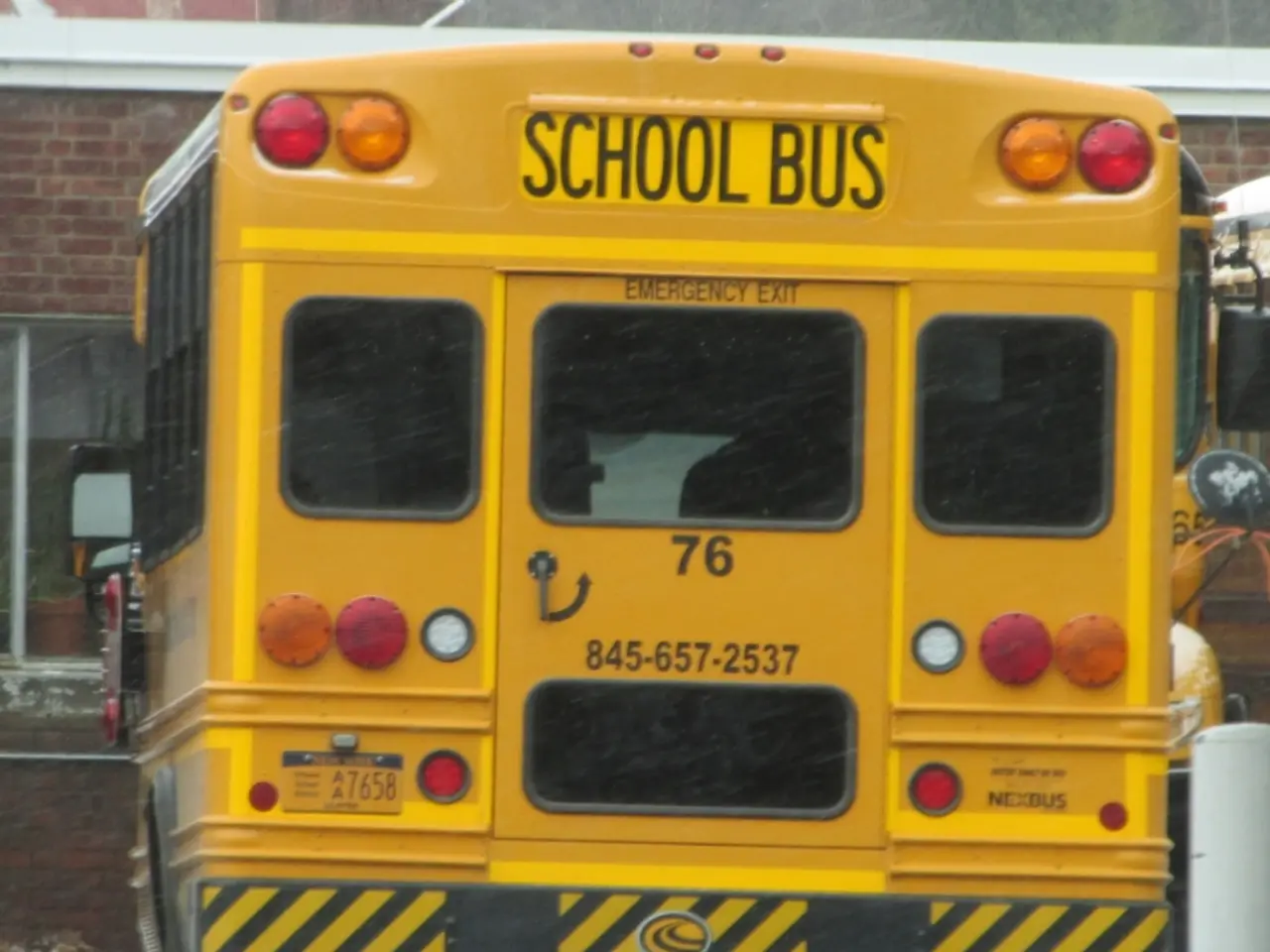Government of Delhi to present Education Bill restricting fee increments in private schools during monsoon legislative session
The Delhi government has taken a decisive step to address the issue of arbitrary fee hikes in private schools by introducing the Delhi School Education (Transparency in Fixation and Regulation of Fees) Bill, 2025. This bill aims to regulate the fee structures of the 1,677 private unaided schools in the city, following the high-profile case at DPS Dwarka that brought unregulated fees into the spotlight.
The bill, based on a Cabinet-approved ordinance from April 29, 2025, proposes a structured fee regulation system involving participation from parents. Schools are required to propose a fee structure for three academic years, which must be reviewed and approved by a committee by September 15 each year.
Major provisions of the bill include penalties for non-compliance with fee regulations. Schools charging unapproved fees can face fines ranging from Rs 1 lakh to Rs 10 lakhs. If schools collect excess fees, they must refund the amount within 20 working days. To prevent coercive practices, the bill prohibits schools from striking students' names off rolls or withholding exam results due to non-payment of fees. Any such violation carries a penalty of Rs 50,000 per affected student.
The bill introduces a three-tier fee regulation committee system with parents' representation in the first two tiers to ensure transparency and fair fee fixation. However, the bill has faced criticism from parents' groups and opposition parties. Critics argue that it gives disproportionate control to school managements in the fee regulatory process and lacks sufficient transparency.
In a significant move, the bill proposes an escalating system of punishment for schools that raise fees arbitrarily. Repeated offences will incur fines from Rs 2 lakh to Rs 10 lakh. Moreover, schools face the potential removal of their license to operate, disqualification from serving as officiating members in the management, and loss of the right to suggest future fee revisions for repeated violations.
The Delhi government has promised to safeguard the rights of parents and students and to enforce strict implementation against harassment and unauthorized fee increases. The bill is set to be introduced in the upcoming Monsoon Session of the Assembly, starting August 4.
The Delhi High Court's intervention in the DPS Dwarka case, where some students were expelled due to failure to pay increased fees, brought attention to the issue of unregulated private school fees. The court termed the school's actions "inhuman" and ordered the reinstatement of the expelled students after partial payment of fees.
This bill, therefore, marks a significant step towards ensuring fair and transparent fee structures in Delhi's private schools, balancing government oversight with stakeholder involvement. The government's bill aims to address the issue of arbitrary fee hikes, following the DPS Dwarka incident, and ensure a more equitable educational environment for all students.
[1] The Hindu [2] Indian Express [3] NDTV [4] The Times of India
- The Delhi School Education (Transparency in Fixation and Regulation of Fees) Bill, 2025, which aims to regulate the fee structures of private schools in Delhi, has generated debate in general news outlets such as The Hindu, Indian Express, NDTV, and The Times of India.
- The bill, introduced by the Delhi government, has faced criticism from parents' groups and opposition parties, with claims that it extends disproportionate control to school managements and lacks sufficient transparency.
- News sources report that the bill proposes an escalating system of punishment for schools that raise fees arbitrarily, including fines, license revocation, and disqualification from serving as officiating members in school management.
- The policy-and-legislation section of education-and-self-development platforms may cover the details of the bill's three-tier fee regulation committee system and its provisions for parental representation in the first two tiers for transparency and fair fee fixation.




